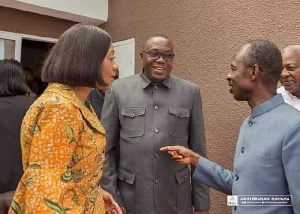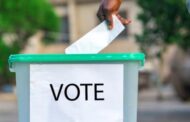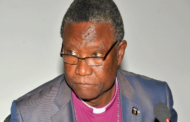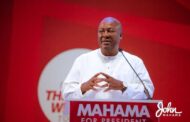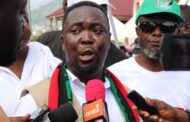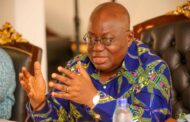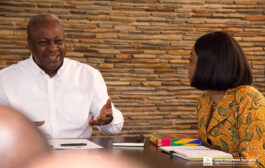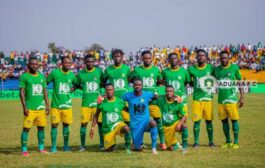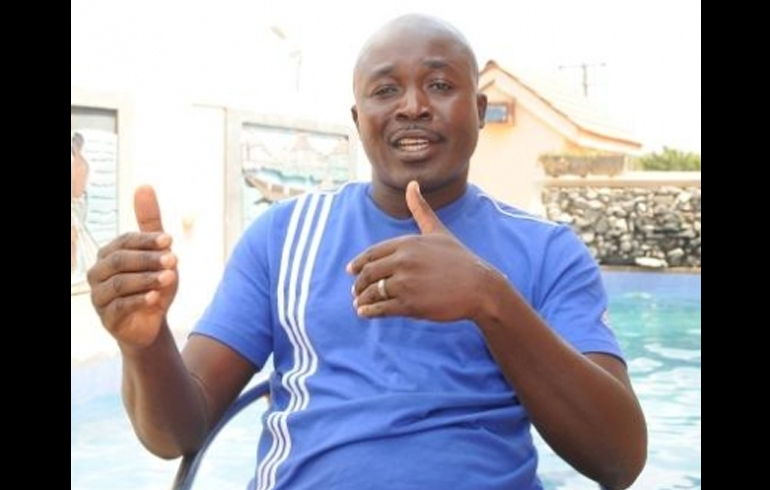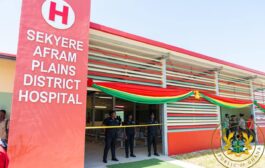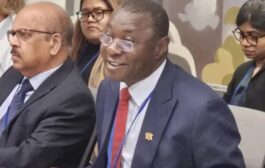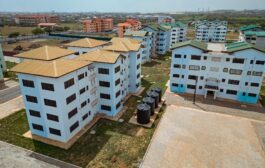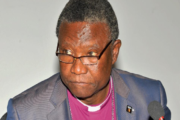The membership of the Electoral Commission (EC) should be technocratic rather than political, with the membership positions being advertised, candidates interviewed and the most suitable persons appointed, according to a team of experts in the National Democratic Congress.
The leadership of the Party commissioned a team of experts led by Nana Ato Dadzie, a former Chief of Staff to late President Rawlings and International Political Transitions Consultant and Kwamena Ahwoi, a Professor of Governance, a former Minister of Local Government and Rural Development, a former Minister of Foreign Affairs and a former Minister of Planning, Regional Economic Cooperation and Integration to consult various stakeholders on the Party’s proposals for electoral reforms.
Nana Ato Dadzie, speaking at a press conference said the leadership of the NDC together with the technical team on electoral reforms had a fruitful consultation with representatives of a cross-section of key Civil Society
Organizations (CSOs) included the Institute for Democratic Governance (IDEG), West Africa Civil Society Institute (WACSI), IMANI Africa, Community Focus Foundation, and Africa Centre for Women in Politics.
Others were ASEPA, CARE Ghana, ISODEC, Ghana Integrity Initiative, ADAM GH, and Youth Bridge Foundation.
Other Stakeholder engagement proposals are;
The silence of the reform proposals on the issue of the increasing “monetization” of electoral politics in Ghana is deafening.
The proposed Office of the Regulator of Political Parties (ORPP) should be re-designated “Multi-Party Democracy Commission (MPDC) with an expanded mandate to address the pathologies of the political system and to monitor the health of Ghana’s democracy, especially in periods in between elections.
The proposed name of the ORPP should be changed to “Political Parties Regulatory Commission” (PPRC).
There should be a cap on political party funding for electoral campaigns.
The NDC’s engagement with stakeholders should be broadened into a “National Consultation on Electoral Reforms”.
There should be criteria to sieve out registered but inactive and moribund political parties and political parties that do not appear to be serious from the electoral process and membership of the IPAC.
The proposed Election Adjudication Committees (EACs) should be given a time frame within which to finish their work.
The NDC should keep faith with Ghanaians and implement its reform proposals when it finds itself in government and the proposals have not been implemented at that time.
The NDC may wish to secure the buy-in of other political parties before the proposals are tabled at a meeting of either the EC or the IPAC.
The military must not be deployed in civilian elections under any circumstances whatsoever.
The Legal and Technical Sub-Committees of the IPAC should be revived when the IPAC is restructured and becomes fully functional.
If official legislative backing for the IPAC proves difficult, an MP or MPs should sponsor a Private Member’s Bill to that effect.
There should be a mechanism to reduce the incidence of “spoilt ballots” during elections.
Source: Mybrytfmonline.com/Kofi Atakora



